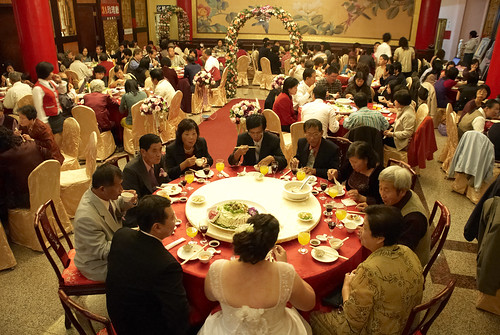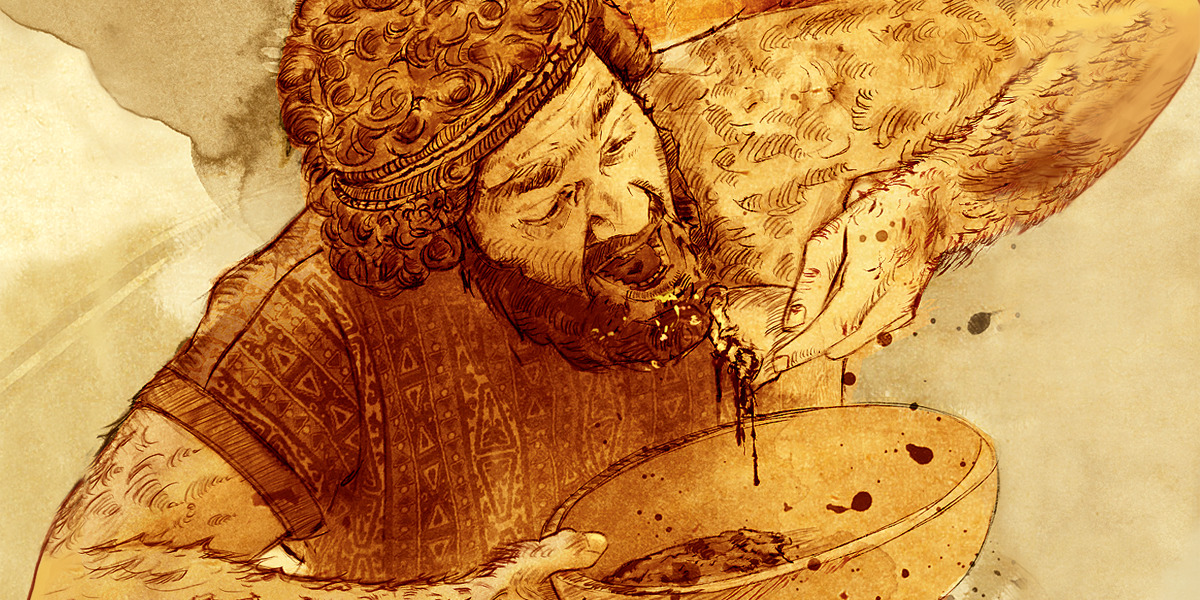In this parish there will be, tomorrow, a symposium on the effects of the Reformation with speakers from the Catholic and Lutheran communities leading us. Many people still struggle to deal with the theological questions of the history and prefer to focus on things like the corruption of the papacy and the sale of indulgences. At a theological level the issue is fundamentally that of mediation. The Protestant ideas of sola scriptura, sola fide and sola gratia downplay, if not excluding altogether, the actions of human beings in cooperating with God's saving plan. Martin Luther saw salvation and redemption as an opus Dei - the work of God.This, ultimately, has serious implications for our faith. I like Yves Congar's comment on this issue:
"But if neither the human race as such, nor the Church, nor Our Lady has any active part in the work of salvation the question cannot but occur what of the cooperation of Christ's human nature? If we disagree about the Church and Our Lady for the same reason as we do about the idea of a pure opus Dei in which God alone is active in the work of salvation, this third problem must be faced. Are we not also in disagreement about the part played by Christ's humanity in the same work? [...] For if salvation is wholly an opus Dei, the sole act of God, what becomes of the part played by Christ's humanity itself, since our own part, and the parts of Our Lady and the Church are held to have no place. God, according to Luther, does our work in us. Faith, the one thing that should respond to us to God's action is, in his view, itself the work of God."
The danger of such a theology, therefore, lies in a denial of Christ's humanity and bodiliness. That is a heresy called Docetism. The work of salvation is spiritualised to such an extent that we are in danger of being captured by subjectivism and newer forms of gnosticism - the secret knowledge of the Scriptures frees us from sinful material reality and elevates us to the spiritual realms far away from the messiness of the material world. God can also become so distant and inaccessible that he is no longer Abba - Father. We turn in on ourselves, as a result, and our faith becomes a projection of our own needs and desires rather than the objective revelation of God's love for us in Christ Jesus and the hope of a resurrection of the body.




